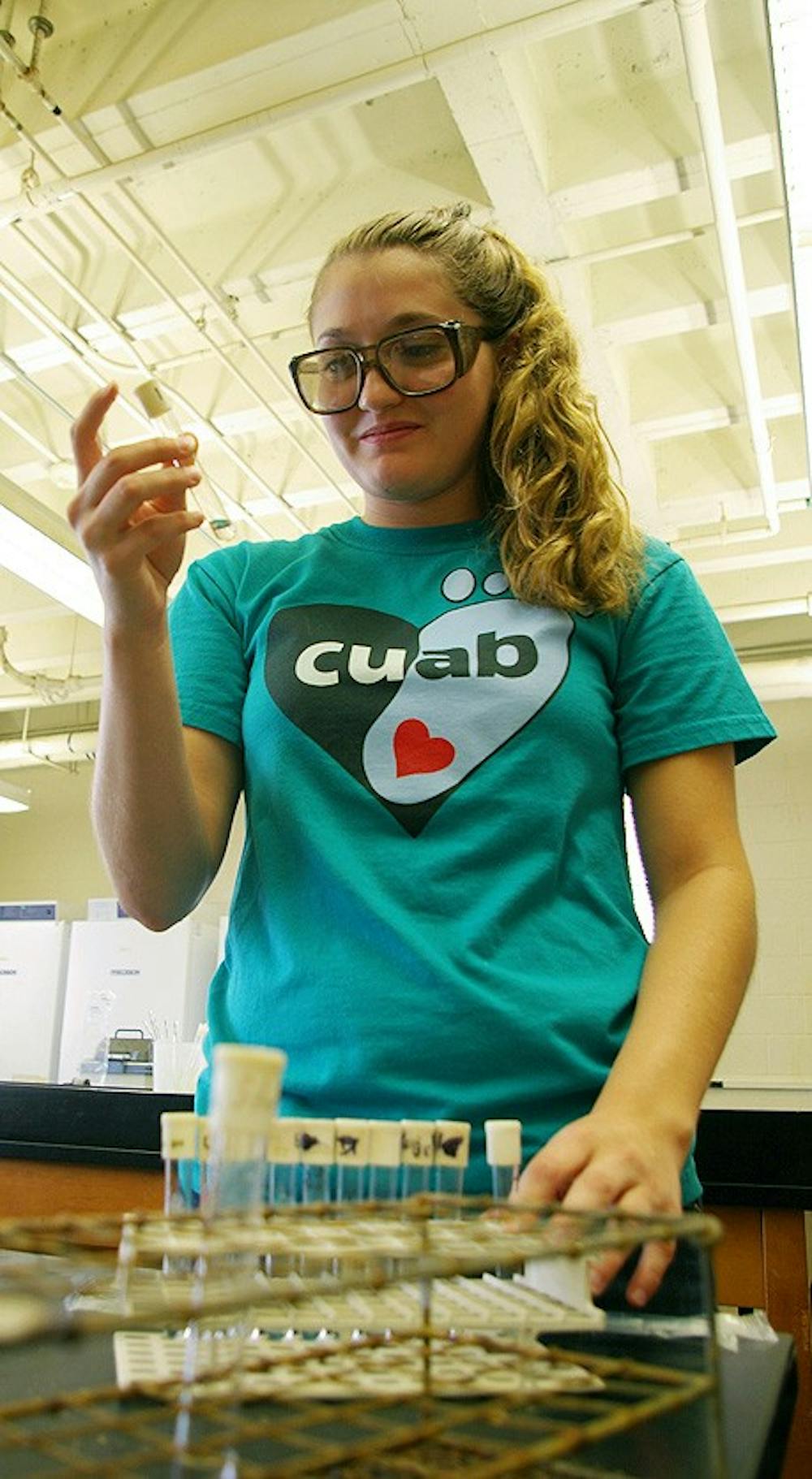CORRECTION: Due to a reporting error, an earlier version of this story said money for research comes from federal funding. It comes from external funding, including federal funding. The story has been changed to reflect this.
Students and faculty will have more opportunities to complete research projects and make breakthroughs, thanks to UNC’s new research ranking among public and private universities.
UNC rose from 16th to ninth place overall for external and federal funds spent on research and development, and it ranks fourth among public universities.
The National Science Foundation recently released data showing UNC spent about $546 million from external and federal research funding on faculty projects in the 2010 fiscal year.
Duke University, the only other N.C. school ranked in the top 25, came in at 13th with expenditures totaling about $514 million.
Barbara Entwisle, vice chancellor for research, said UNC increased in the rankings because of new research buildings and a competitive faculty.
“We have outstanding faculty,” she said. “It’s faculty who write the grants, and without them we are nowhere.”
The new ranking will enhance the school’s reputation and help bring in more funding for undergraduate research, she said.
“This is the money that provides for student interns, research assistantships, training assistantships,” Entwisle said. “It provides opportunities that benefit everybody.”
Faculty rely on external funding for research. This money comes from foundations, corporations, and federal and state governments, said Donna Bickford, associate director of undergraduate research.



